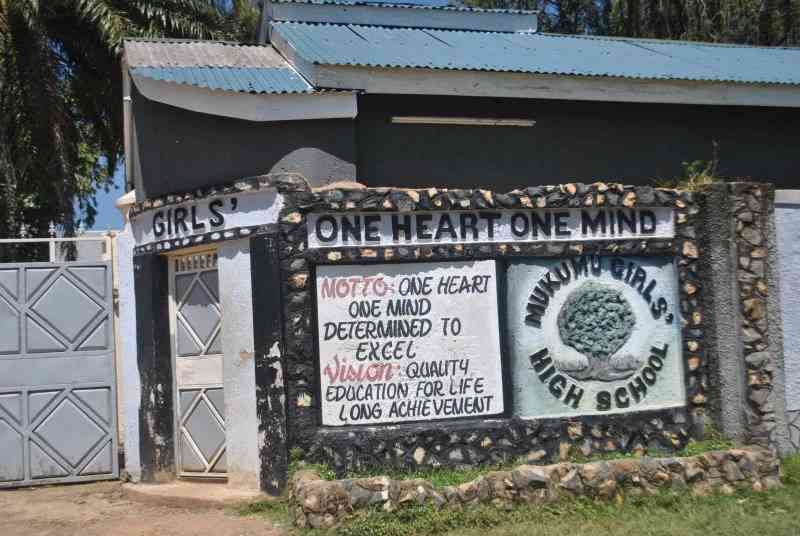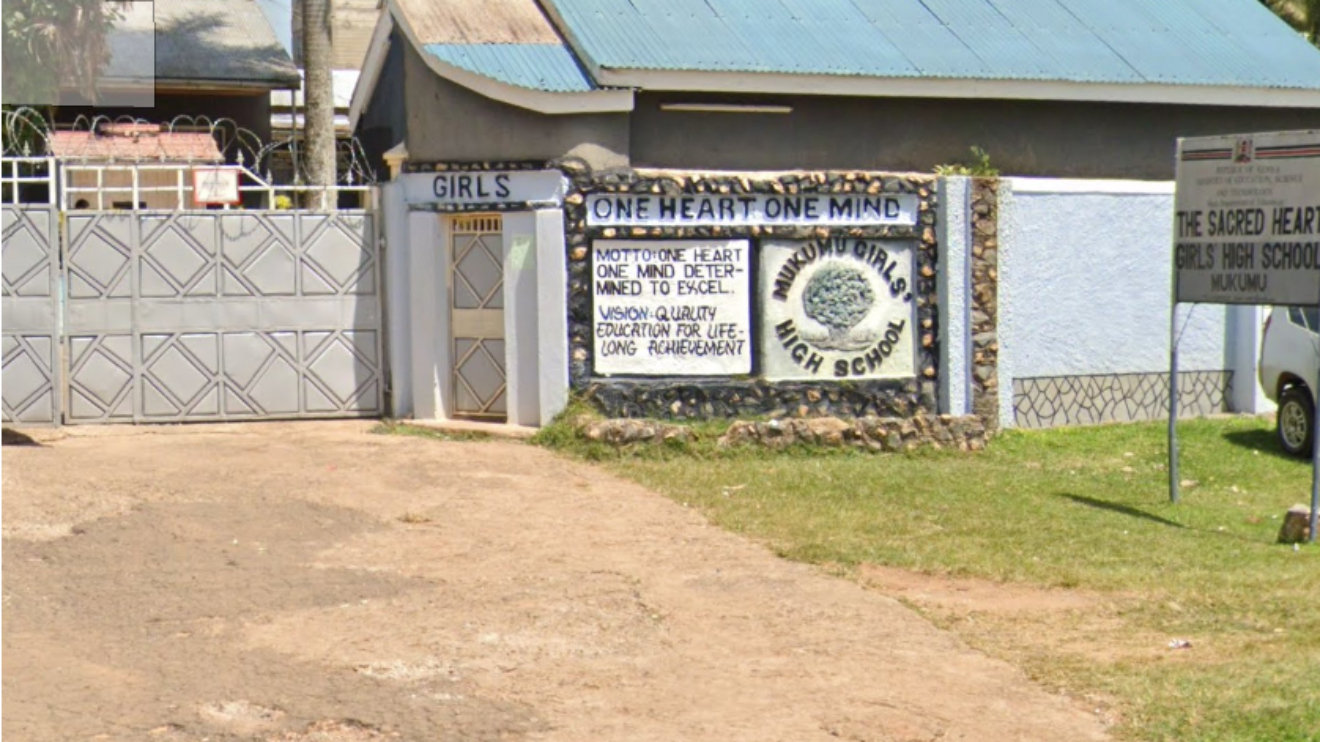The first group of students, Form Four students, returned accompanied by their parents. By 2 p.m., 400 Form Four students had returned to school.
Simultaneously, Western Region Director of Education Jared Obiero led a team of government authorities to examine the institution's facilities. The focus of the investigation was the school's water supply, which was related to the outbreak of an illness that killed three pupils and a teacher and sent over 200 students to the hospital.
Over 240 students were hospitalized at Kakamega County General Hospital and other private facilities, prompting school officials to close the school on April 3.

On Monday, however, there was a ray of hope when parents who had accompanied their children were guided through the adjustments to protect the learners' safety.
Did you read this?
Mr Obiero said that they are confident that the measures put in place will restore confidence in the parents to bring back all of the learners to school. The Form Four pupils have missed more than two weeks of school and must regroup and make up for lost time while preparing for the KCSE exam at the end of the year.
A nurse has also been assigned to the school to handle crises involving pupils who have become ill before being referred to neighbouring hospitals for treatment.
On April 29, a parents' meeting at the school devolved into chaos after police officers were brought in to disperse a parent protest.
Parents contemplating reopening the school demanded the destruction of corn at the institution, which was suspected of being tainted.
Officers were obliged to use tear gas to disperse parents who tried to enter the grain store at the school.
Khalwale added that the school granary contains a store of corn, rice, and beans worth over kshs 6 million and that the uproar is due to the school attempting to figure out how to save that food.
Kakamega Senator Boni Khalwale and Woman Representative Elise Mukhanda joined the parents in accusing the school of hoarding unsafe food.









